Eye Problems are one of the prevailing diseases in the world today. Millions of people around the world are suffering from different problems, the rate of little kids using glasses has gone up over the last 20 years.
Some of these problems are genetics but a lot of them are caused by factors such as nutritional deficiencies, especially vitamin A. They are also caused by exposure to blue light and harmful rays, infections from pathogens, accidents and a lot more.
Also advancing in age also causes some type of eye problems such as macular degeneration but age-related eye problems can be prevented by healthy nutrition and good feeding.
In this post, we will be taking a look at some foods that can help protect your eyes and prevent eye problems and eye diseases. We also look at healthy lifestyles that help prevent eye problems and eye diseases.
The Foods mentioned in this post are based on the recommendation by the American Academy of Ophthalmology (AAO) and the American Optometric Association (AOA).
Top 15 Foods That Boost Eyesight
Nuts, Seeds, and Legumes
Nuts are extremely healthy and beneficial for your eyes because they contain two vital nutrients that your eyes depend on for maximum health and functions.
They are vitamin E and omega-3 fatty acids. They ensure proper growth and protection of your eyeballs and vitamin E protects your eyes from diseases and damages caused by aging.
Increase your intake of nuts and you will be doing your eyes a great favor. Examples of nuts are cashews, walnuts, peanuts, lentils, and Brazil nuts. Brazil nuts most especially are rich in zinc. This mineral protects the structure and functions of the cell membranes in your eyes and it also protects your retina.
Brazil nuts also contain selenium, this mineral stops the damaging effects of mercury on the eyes, especially cataracts. Mercury is a great risk factor for cataract and mercury enters the body through fish and vaccines.
Seeds are also extremely rich sources of vitamin E and omega-3 fatty acids. Increase your intake of flaxseeds, chia seeds, and hemp seeds. Chia seeds most especially help to protect your eyes from what can cause retinal damage and disease, this includes exposure to blue light, oxidative stress, aging, and inflammation.
Legumes are rich in zinc and bioflavonoids, they protect your retina and reduce your risks of macular degeneration and cataracts. Examples of legumes are black-eyed peas, lentils, and kidney beans.
Carrots
Carrots are natural storehouses of beta-carotene and vitamin A. Beta-carotene is converted to vitamin A in your body and it is responsible for the bright color of carrots. Vitamin A is an essential nutrient needed by the eyes, a deficiency of vitamin A is the leading cause of night blindness and vision problems.
Your body uses vitamin A to make a protein called Rhodopsin, this protein helps your retina to absorb light, thereby boosting vision and improving the functions of your retina.
Eggs
Eggs are rich in zeaxanthin and lutein, they protect your eyes and prevent age-related eye problems by reducing the risks. They also reduce the risks of vision loss.
Eggs are also rich in vitamin E, A, C, and zinc. Your eyes require these nutrients for optimum health and functions.
Whole Grains
These foods help reduce your risks for macular degeneration. They protect your eyes and improve their functions. They fight dry eyes and they have a low glycemic index (GI) which helps protect your eyes.
Replace healthy whole grains with refined carbohydrates. Healthy whole grains are brown rice, quinoa, whole wheat bread, whole oats, and pasta.
They are rich in niacin, zinc, and vitamin E. These vitamins help to promote your overall eye health and defend your eyes from infections and diseases.
Fish Oil
Oily fish are rich in omega-3 fatty acids. A naturally rich source of omega-3 fatty acids is fish oil, fish oil is gotten from the body tissues and gut of oily fish.
This oil helps protect your eyes from inflammation, oxidation, and the activities of free radicals. You can increase your intake of oily fish if you don’t have access to the oil but the oil can be gotten from any health store.
Fish that contain high levels of omega-3 fatty acids are sardines, herring, tuna, mackerel, salmon, anchovies, and trout. Regular consumption of this fish and fish oil will help prevent and even reverse dry eyes, including dry eyes caused by too much interaction with computers.
Citrus Fruits
Citrus fruits like oranges, grapefruits, limes, and lemons. They are rich in vitamin E and vitamin C. Vitamin C is a powerful antioxidant that helps to fight and prevent age-related eye problems and diseases.
They reduce your risks of cataracts and macular degeneration. They improve the functions of your eyes and make your vision sharp.
Water
Water prevents dehydration that can cause dry eyes and relieve its symptoms. Fluids surround your eyes and they help to wash off dirt, dust, and debris when you blink.
You need water for proper hydration so that the proper levels of fluid in your eyes will be maintained. When you are severely dehydrated, your body pulls water from your eyes, this leads to your eyeballs shrinking and the inability to produce tears.
Optimum levels of water in your body helps with the production of tears. Tears are very important for your eyes, they keep irritants and foreign particles out of your eyes and they give you good vision and protect your eyes.
They are three types of tears and all play an important role in keeping your eyes safe and healthy. The most common tear is the basal tears, this is the liquid that is constantly present in your eyes to nourish and lubricate the cornea.
Your cornea depends on the basal tear for oxygen because it has no blood vessels. The tear contains oxygen which the cornea depends on. This tear also has anti-bacterial property thereby protecting your eyes from infections and the liquid also reduces friction in your eyes when they move.
Water is vital for your eye health, drink plenty of water.
Black Currant Seed Oil and Flaxseed Oil
These powerful supplements are rich in omega-3 fatty acids. They benefit your eye greatly by preventing and reducing the risks of dry eyes, cataracts, and macular degeneration.
You can get them from any good health store and then take them orally or add them to your smoothies and foods.
Papaya
Also known as pawpaw in some parts of the world, this fruit is highly rich in vitamin C and powerful antioxidants that help protect your eyes from the damaging effects of free radicals and oxidation. It prevents cataract, a condition that clouds your eye lens.
Leafy Vegetables
Leafy green vegetables are good for your eyes, this includes spinach, lettuce, kale, and collards. They are rich in vitamin C and most importantly, zeaxanthin and lutein.
These compounds help protect your eyes and prevent eye problems like cataracts and macular degeneration. Regular consumption of these green vegetables will improve your eyesight and increase the concentrations of zeaxanthin and lutein in your macula.
The macula is the part of your retina that has the sharpest vision. They protect against macular degeneration, they neutralize the activities of free radicals, and they stabilize your cell membrane by absorbing harmful UV rays and Blue light from electronics.
Sunflower Seeds
Sunflower seeds protect your eyes and keep them healthy. They prevent eye diseases and boost the functions of your eyes because they are dense in Zinc, lutein, zeaxanthin and vitamin E.
Vitamin E protects your eyes from inflammation and prevents cataracts and macular degeneration when combines with these powerful antioxidants.
Bell Peppers
Bell peppers reduce your risks of macular degeneration and other eye diseases because they are rich in vitamins A and C. They also contain a carotenoid called lutein, this reduces the risks of eye problems and it makes your eyes healthy.
Liver and Oysters
These superfoods are rich sources of zinc, an important mineral that is good for your eyes. They protect your eyes and enhance your vision.
They are also beneficial to people who suffer from night blindness and poor vision at night. They also guard against cataracts and macular degeneration.
Organic Dairy
Milk and dairy products from farm-raised animals are healthy for your eyes. They are rich in vitamins and minerals like vitamin A and zinc. These nutrients protect your eyes and defend them from dangers.
Vitamin A protects your cornea, the white part of your eyes and zinc helps in the transportation of vitamin A from the liver to your eyes. Zinc is found in all tissues and all cells of your eyes, it is found most abundantly in your choroid and retina, the choroid is the vascular tissue located beneath the retina.
Zinc is very important for your eyes, it boosts your vision at night and it prevents the formation of cataracts. Make sure you get your dairy from animals that are fed with grass, especially cows. This type of dairy is safe for consumption and you can take them throughout your whole day.
Blueberries
Blueberries are loaded with antioxidants, this help to improve your overall eye health. They are dense in anthocyanidins, these are powerful antioxidants that protect your eyes and help your eyes to readjust after being exposed to a bright light.
During World War II, the Royal Air Force Pilots consumed lots of blueberries just to enhance their vision at night, this was to enable them to do well during nighttime flights.
They help your eyes to recover after being exposed to extremely bright light. This fruit is good for people who drive at night because their eyes are constantly adjusting to the different intensity of light on the roads.
The foods above will help protect your eyes, improve your vision, and reduce the risks of eye problems and diseases. There are some tips you have to imbibe. This, along with good nutrition will improve your overall eye health and prevent problems even if you are aging.
Some of the tips to imbibe are:
- Reduce the time spent staring at screens like TV, Computers, Phones, and other screens that emit blue light. Blue light damages your eyes and reduces the ability of your eyes to perform well.
Too much exposure to blue light and sitting in front of a computer or phone for a long time not only causes damage to your eyes, but it also triggers dry eyes, and it makes your vision blurry, it makes it difficult for you to focus on things at a distance. It also triggers headaches, shoulder pain, back, and neck pain.
If your job demands constant exposure to these devices, then you can use eye protection and anti-blue light glasses and devices.
- Eat Healthily, your eyes need vital nutrients to do well. Unhealthy foods make your eyes susceptible to a lot of eye problems and diseases. Eat a well-balanced diet every day.
- Quit smoking if you do because it damages your eyes and destroys the smallest blood vessels in your eyes. Smoking causes damages to your optic nerves, it increases your risks of cataract and macular degeneration.
Also, exposure to second-hand smoke has the same effect, so even if you don’t smoke, try and protect yourself from second-hand smoke.
- Wear sunglasses under high sunlight because UV rays from the sun can cause eye problems when you have been exposed to them for too long. Too much exposure to UV lights increases your risks of macular degeneration and cataracts.
- If your job has the risks of eye accidents or you make use of some airborne materials or hazardous chemicals, then you need to wear protective goggles or safety glasses.
Even those involved in sports like lacrosse, ice hockey, and racquetball should wear eye protection because these games can lead to eye injury.
- Go and check your eyes at least once a year with a doctor. Even if you don’t feel any symptoms or eye pain, you should still make it a point of duty to go for an eye checkup.
There are some eye diseases that have no symptoms until it is too late, an example is glaucoma, the blood pressure of the eyes. So, a regular eye exam can help detect this in time and treatment will start immediately thereby preventing it from getting worse or out of hand.




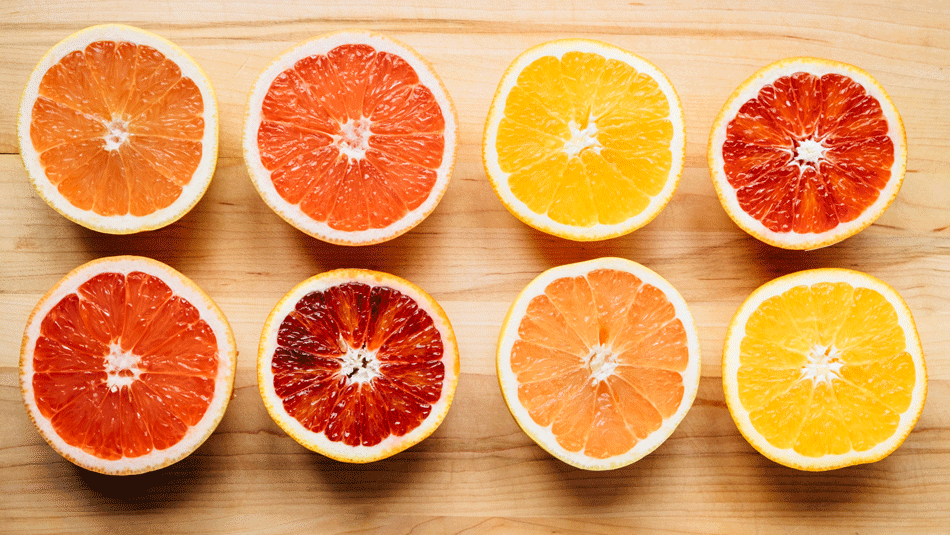
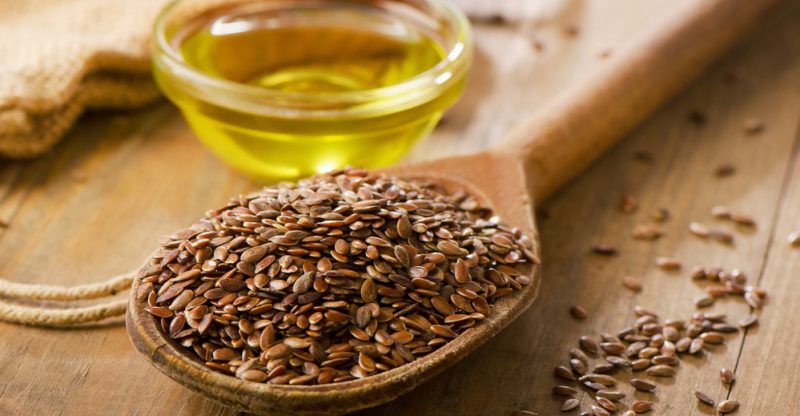
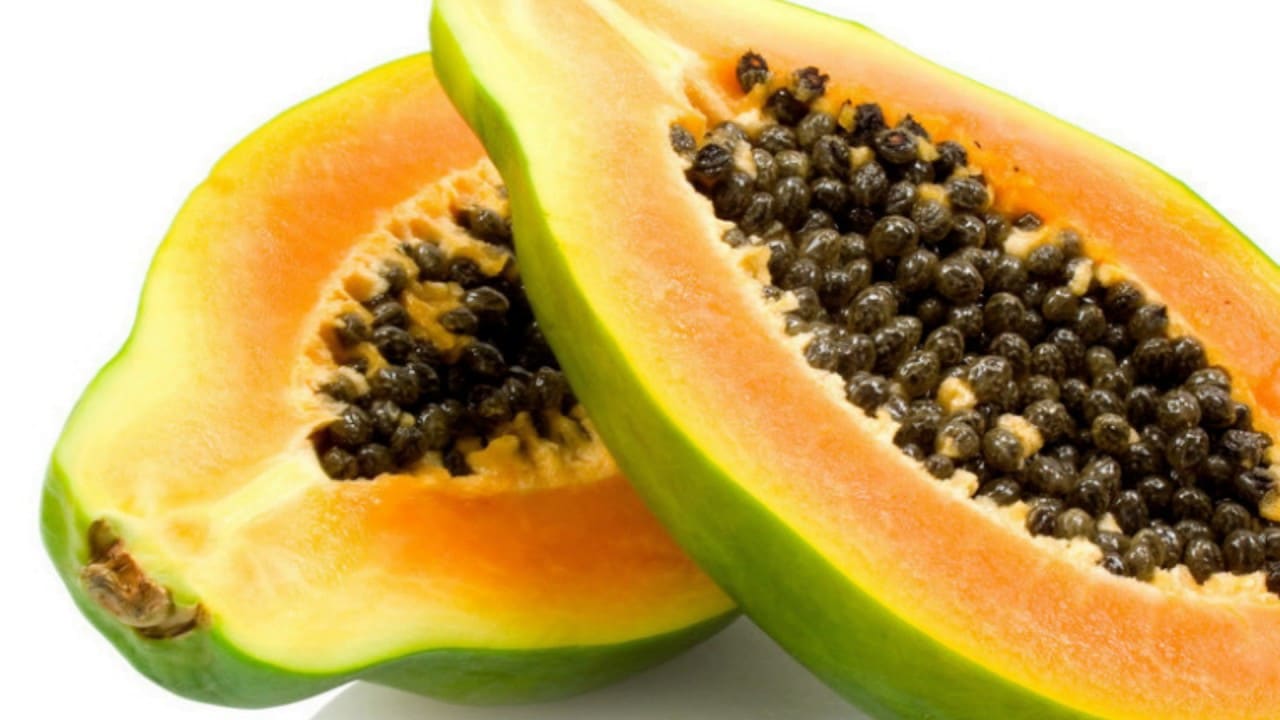
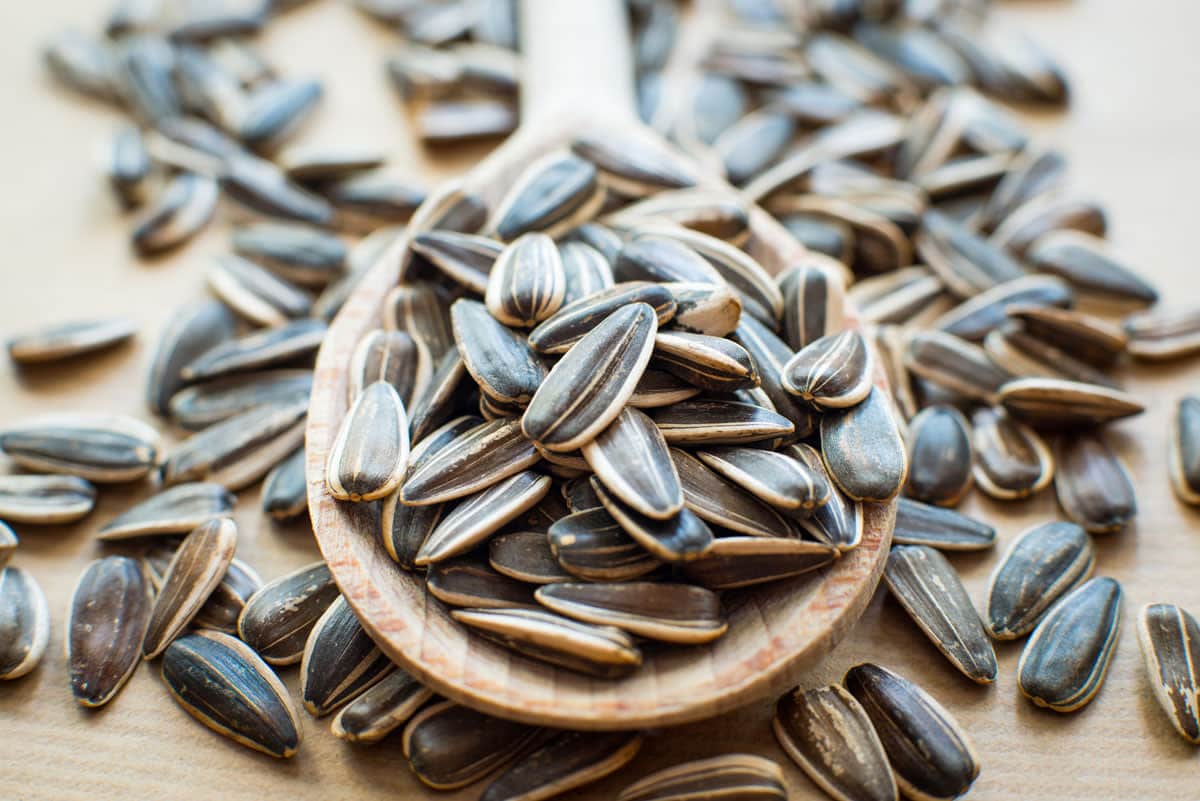




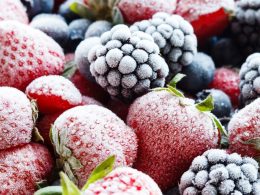

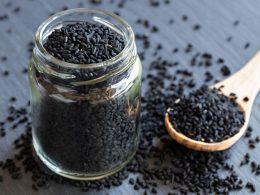

Carrot and fish oil have always been on my diet. Great compilation, i will look into the others mentioned here. Thanks alot, Healthable!